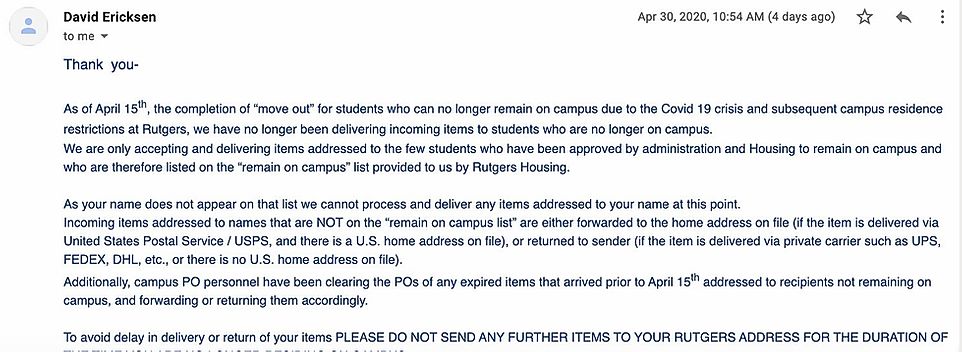Airline industry greed, and the failure of Rutgers University officials to address the special needs of overseas students they’ve eagerly recruited for years, made a tough situation even worse.
The coronavirus outbreak stranded thousands of Rutgers University international students in empty dormitories and fearful towns in New Jersey. Many of those overseas students want to flee back to their home countries. But standing in their way, a Rutgers student I-team found, was not only the dangers of the pandemic, but the greed of the international airline industry and the failure of Rutgers officials to address the special needs of those very overseas students the university has avidly recruited for years.
The extremely high risk of infection during airplane flights and the fear of imported cases have made the return journey for international students more difficult than usual. Many normally make plane reservations several months in advance. There is a huge demand for international tickets, and a shortage of flights.
Mary Qing is a chemistry student in her last semester
On March 14, the day Rutgers shut down early for spring break, student Mary Qing bought an airline ticket from Newark to Shanghai for April 4th. At that time, it only cost $800 for a one-way ticket.
On the morning of April 4th, Qing arrived at the airport early. She brought two large suitcases of up to 50 pounds with her, in preparation for an upcoming extended summer break. Just five minutes before boarding, she was told that there was no ticket. She and 60 other passengers were suddenly stranded at the airport — lost and shocked.
Qing turned to the staff and asked for an explanation, but only received the phone number of customer service, which remained disconnected.
“I’m pretty sure they overbooked economy,” said Qing. “Even though the original flight still had seats available, only people with high-price tickets can board.”
According to the Air Transport Association, the general passenger load factor of airlines is controlled within 95%. During the epidemic period, some airlines introduced a plan to control the passenger load factor of inbound flights within 75%, which causes overbooking and generates profits for airlines.
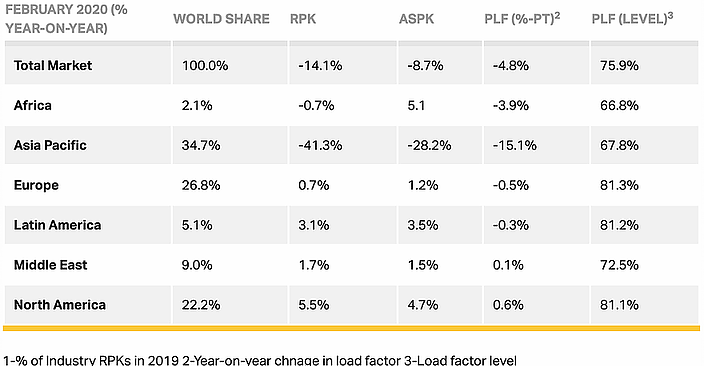
Qing desperately checked the tickets online, trying to book another flight. It turned out that the earliest flight would be on May 30, and even the price of an economy class seat had soared to $2,800. Qing had no choice but to wait in New Jersey. She went to a friend’s house, and waiting for a chance to board a plane. She finally received notice of available seats on another flight, and left the ground 36 hours later.
“ Virtually all flights to and from China have been canceled, as Beijing tries to keep infected travelers from reigniting the contagion there,” said Meng Yu, an Air China’s administration staff, in an interview in spring 2020. “Remaining seats are breathtakingly expensive.”
Yike Wang
is a business student who was completing her final semester
Yike Wang was stranded in Rutgers’ Livingston campus apartments for 20 days, after her flight to Beijing was canceled.
According to Cirium.com, international scheduled flights to and from China between January 1st and March 29th were down 58%, with only 116,187 flights flown, out of 269,515 originally scheduled. There were 153,328 international flights to and from China during this period. Data from other countries, including South Korea, Japan, Italy and Iran, tell the same story.
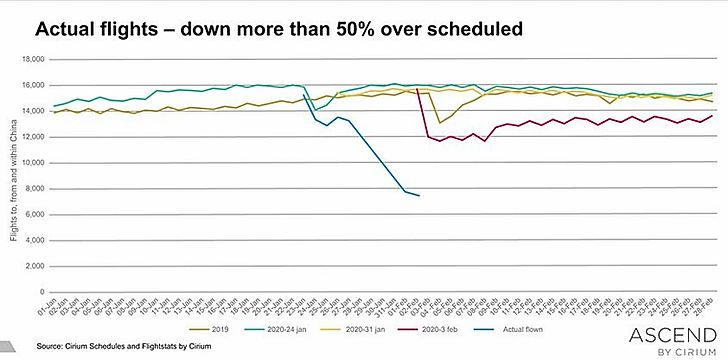 With strict entry restrictions on international travelers, the vast majority of international flights to and from China were suspended.
With strict entry restrictions on international travelers, the vast majority of international flights to and from China were suspended.
Flight prices increased by as much as 150% between March 1 and early summer, according to googleflights.com. Analysis from the Chinese booking website Trip.com has shown that many economy class fares are selling for the price of business class seats.
“I feel very depressed,” said Wang, “I cannot afford any tickets right now. Airlines and policy destroyed my life. Watching the price going up every day makes me anxious and depressed. I don’t feel like study and I stay up late doing nothing.”
Yike Wang’s flight back to China was abruptly canceled. And after the Chinese government slashed international flights even further, ticket prices soared to an astonishing $18,000.
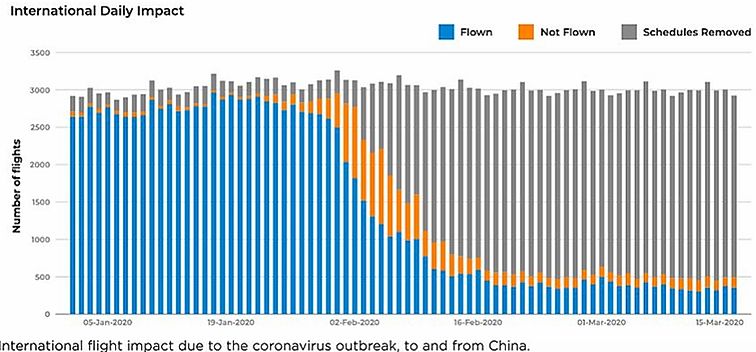
After Rutgers announced it had shut, Wang immediately used all her budget and bought a $900 direct flight ticket back to China. Just three days before boarding, her flight was canceled, and it took more than two weeks to get a refund. And when the Chinese government slashed international flights even further, the price soared to an astonishing $18,000.
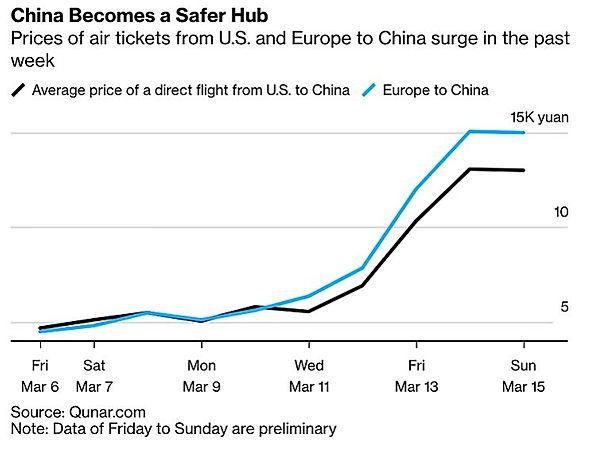
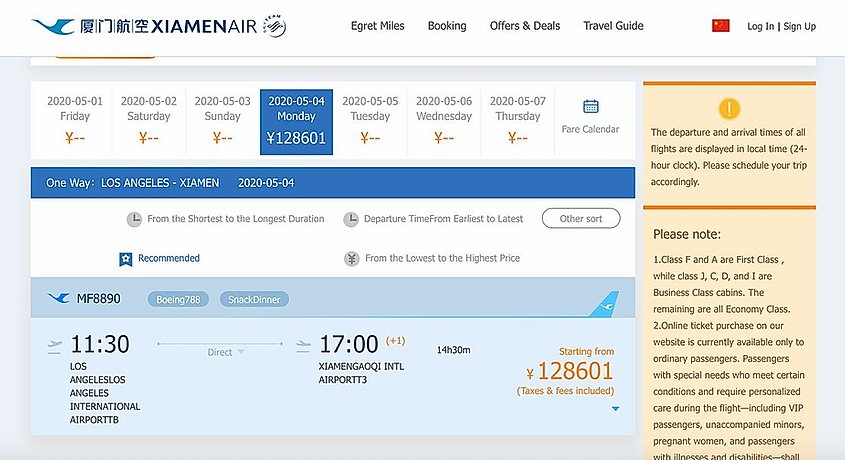
Qing and Wang’s experiences were those of many other foreign students. Rutgers officials, however, worsened the situation.
Amy Lee
is an HR and psychology student in her second year of study
Amy Lee, who originally lived at Rutgers’ Easton Avenue apartments, moved to the Livingston apartments, due to the school’s post-shutdown policy. Rutgers University asked students to remove their belongings from residence halls by April 14, so the dorms and apartments could potentially be used to meet needs created by the coronavirus outbreak.
New Jersey State Health Commissioner Judith Persichilli previously indicated dorms and hotels could house symptomatic individuals who tested positive with moderate symptoms. Rutgers provided transportation and assistance for this move-out.
“I think it’s quite inconvenient for all of us,” said Lee. “All our mailing addresses had to be changed. Since we live on campus now, our packages can only be sent to the post office.”
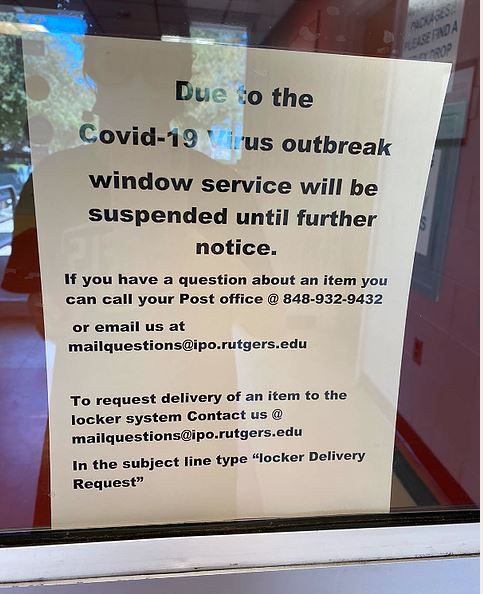 Lee also mentioned that there are not enough staff to deal with packages, causing a huge delay in collection. Lee’s roommate was not even allowed to use the school’s mail service, since her name was not on the list of eligible students. An email from David Ericksen, one of the staff from Rutgers post office, illustrates that the service only provides for a few students, and those items with names not on the list will be rejected and returned to the sender.
Lee also mentioned that there are not enough staff to deal with packages, causing a huge delay in collection. Lee’s roommate was not even allowed to use the school’s mail service, since her name was not on the list of eligible students. An email from David Ericksen, one of the staff from Rutgers post office, illustrates that the service only provides for a few students, and those items with names not on the list will be rejected and returned to the sender.
Along with those international students who are struggling with pandemic-related chaos, those who have already returned to their home countries are also struggling to find a life balance.
Andy Kim
is a first-year student
Andy Kim was quarantined with his family in Seoul, South Korea. He was among those early birds who bought their tickets on March 21st. After an 18-hour long journey, Kim successfully arrived in South Korea, and began the rest of his semester on the other side of the Pacific.
At first, Kim felt great. Even though he was quarantined, he could enjoy Korean food, and stay with his lovely dog. But after jet lag had passed, he found that remote study could be horrible for students in a different time zone.
“My biological clock is totally messed up,” said Kim. “Most of my courses are during the afternoon of American time, which means I have to stay up all night to have those meetings.”
“My biological clock is totally messed up. Most of my courses are during the afternoon of American time, which means I have to stay up all night to have those meetings.”– South Korean student Andy Kim.
Kim also said the craziest thing is that he had to take an exam during sleep time, which significantly affected his performance.
“My brain just stopped working. I felt super exhausted and dizzy,” said Kim. “And my professor refused to extend the time slot for taking the exam. He is worried about plagiarism.”
Kim hoped that this would be his last semester of remote study; he wants to get back to normal life.
But with Rutgers scheduled to offer most teaching remotely in the fall 2020 semester, “normal life” doesn’t seem likely to return anytime soon.




